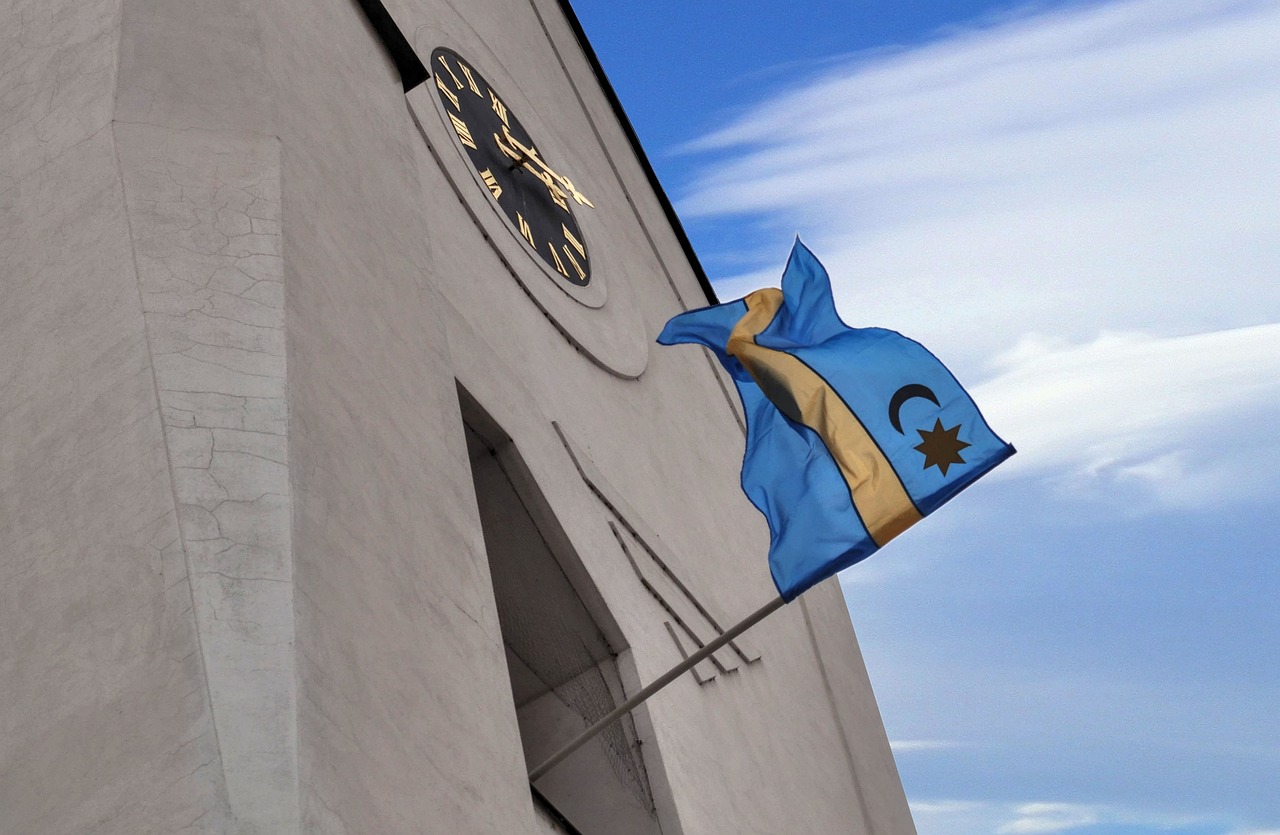Politician Diana Șoșoacă, jumped up from her seat and started shouting, interrupting the RMDSZ politician's speech.Continue reading

The submission of the draft autonomy bills to parliament is “one of the toughest declarations of loyalty to the Romanian state,” indicating that the Hungarian community wants to realize self-determination within the framework of the Romanian state, Zoltán Zakariás, President of the Hungarian Alliance of Transylvania (EMSZ), told Hungarian public media on Thursday. He said this in connection with the submission of three draft autonomy bills to the Chamber of Deputies in Bucharest on Wednesday.
He pointed out that this is not the first time that these bills have been presented to the Romanian Parliament, and they have always been met with rigid rejection, hence he does not hold out much hope for their adoption this time either. Their only aim is to finally start a meaningful dialogue between Romanians and Hungarians on the territorial autonomy of Szeklerland and the cultural self-determination of the entire Hungarian community in Transylvania.
Zoltán Zakariás said that the Hungarian representation in Transylvania had already stated thirty years ago that the key to the survival of the Hungarian national community was self-determination, i.e. the right to “decide its own affairs.” He added that there are many examples in Europe of different forms of autonomy, and in the case of Hungarians in Transylvania, too, different situations call for different forms of autonomy. Where Hungarians live in a minority or in a mixed environment, cultural autonomy is needed,
while in Szeklerland, where Hungarians live in a block, they call for territorial autonomy, accompanied by administrative powers, primarily that the Hungarian language in Szeklerland should have equal status with the official language of the state.
In response to the suggestion that Prime Minister Marcel Ciolacu had already asked the Speaker to quickly reject the drafts on the day of their submission, and had blocked the dialogue on autonomy, calling them “toxic initiatives,” Zoltán Zakariás said:
It is regrettable that Romanian political leaders are instinctively pushing themselves into a position of rejection, when a substantive debate is clearly needed.”
“We want to achieve what we want in a democratic and peaceful way. So the fact that we are trying to achieve these demands through the parliament shows that we are ready for dialogue,” the EMSZ president pointed out.
Asked whether he feared that in the current war situation and ahead of an election year, the parliamentary debate on autonomy plans would create an anti-Hungarian public mood in Romania, the EMSZ president said that he did not know how Romanian society could be more radicalized than it is now,
given that extremist parties have already radicalized public discourse and society in a completely “unrealistic” way, and this has also filtered into parliament.
He noted that in each period of the last 30 years, an argument could be made that it was “not timely” to raise the autonomy demand at the moment. However, he said, the timing of the presentation of the drafts is perfectly logical, as the parliament elected in 2020 will start its last year of its mandate next year, and the start of the autonomy dialogue cannot be delayed any longer.
He recalled that both after the 2020 elections and at the end of 2021, the program of the governing coalition formed with the participation of the RMDSZ (Democratic Alliance of Hungarians in Romania) included the adoption of a draft minority law, which would have included a chapter on cultural autonomy. “Three years have passed and the draft minority law has not even been brought up, drafted, or publicly introduced. From then on, these draft laws had to be presented and submitted to start the dialogue. So I am convinced that sooner or later there will be a right-thinking politician with whom we can start a meaningful debate,” said Zakariás.
Via MTI, Featured image: Pixabay